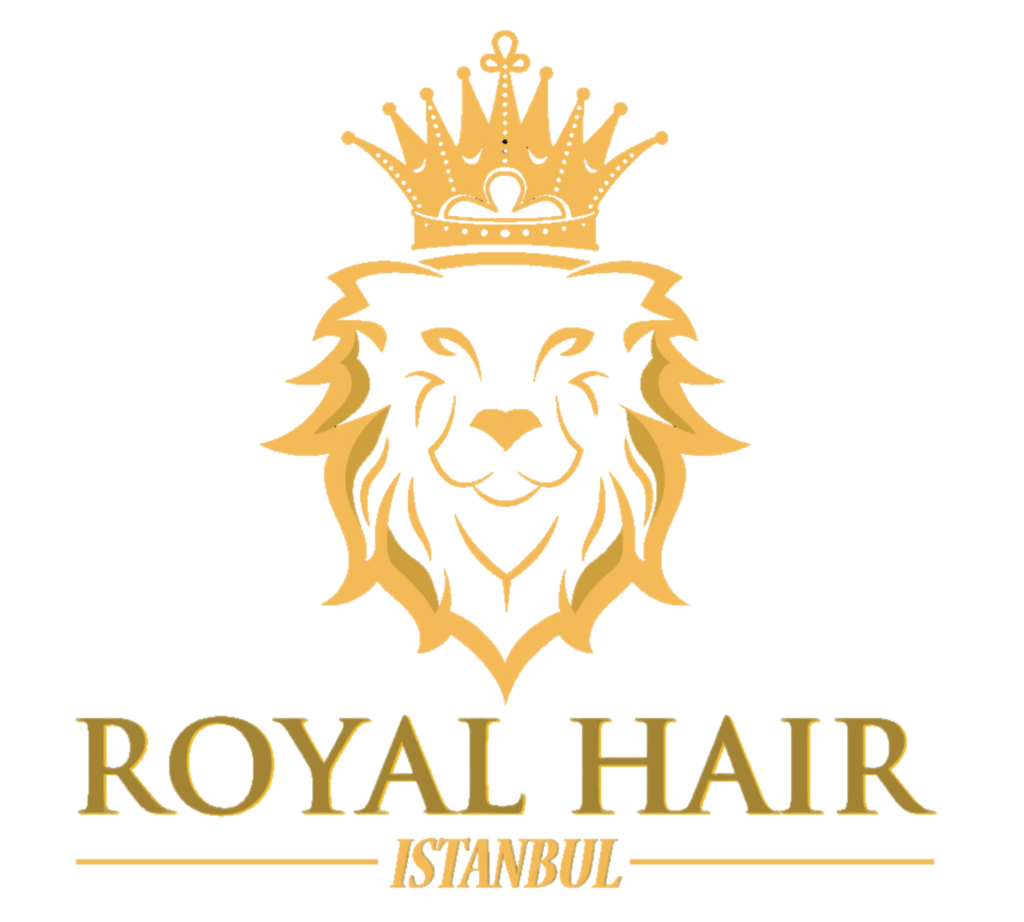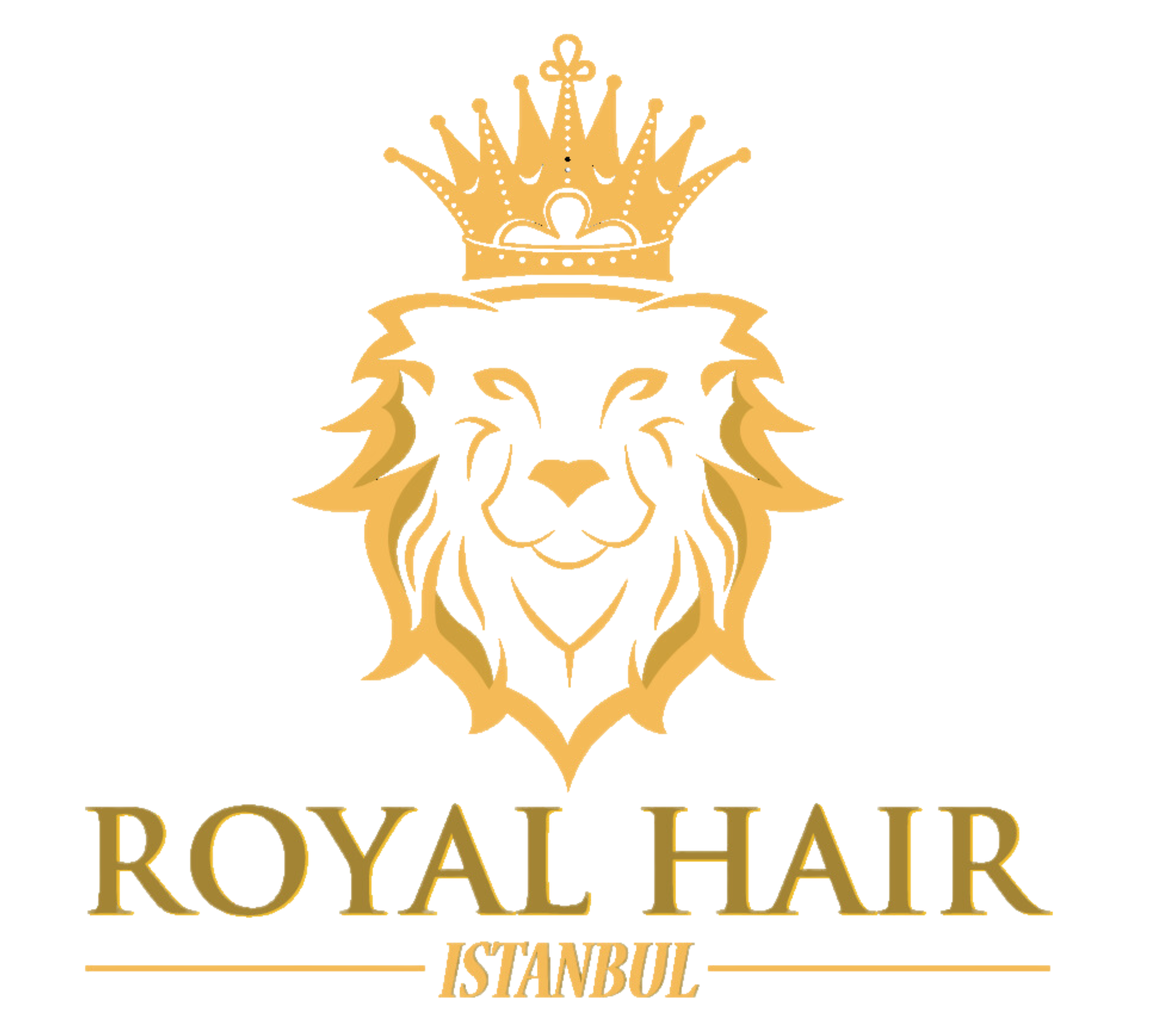Hair transplants are a popular and effective solution for those dealing with hair loss. While the surgery itself plays a significant role in restoring hair, the recovery period is equally crucial. Hair growth supplements, when used post-transplant, can be a game-changer for accelerating healing, boosting follicle health, and promoting stronger hair growth.
In this guide, we’ll explore the best hair growth supplements to consider after your hair transplant and why they’re essential for optimal recovery. From vitamins to herbal remedies, understanding the role these supplements play can make all the difference in the success of your hair transplant.
Why Hair Growth Supplements Are Important Post-Transplant
After a hair transplant, your scalp undergoes a healing process that requires proper nutrition. Hair growth supplements can aid in:
- Faster Healing: Supplements provide nutrients that speed up the recovery process, helping the body repair damaged tissue more efficiently.
- Strengthening Hair Follicles: Supplements rich in vitamins and minerals strengthen the transplanted hair follicles, reducing the risk of hair loss post-surgery.
- Supporting New Hair Growth: These supplements provide essential nutrients to support the growth of new, strong hair.
- Reducing Shock Loss: Post-transplant, some patients experience shock loss, where transplanted hair temporarily falls out. Supplements can help reduce the severity of this phase by nourishing the hair follicles.
Top Supplements for Hair Growth Post-Transplant
1. Biotin (Vitamin B7)
Biotin is one of the most well-known vitamins for hair health. It is essential for the production of keratin, the protein that makes up your hair. Post-transplant, biotin helps the newly implanted follicles grow healthier, thicker strands.
How it helps:
- Promotes keratin production.
- Strengthens hair roots.
- Reduces hair shedding and breakage.
Recommended dosage: 5,000-10,000 mcg daily.
2. Zinc
Zinc is vital for tissue repair and cell growth. It also regulates the production of oil on the scalp, preventing dryness and dandruff. Post-surgery, zinc can help reduce inflammation, promote wound healing, and improve the overall health of hair follicles.
How it helps:
- Aids in wound healing.
- Supports hair follicle health.
- Helps balance scalp oil production.
Recommended dosage: 15-30 mg daily.
3. Vitamin D
Vitamin D is critical for creating new hair follicles. It helps stimulate hair growth by enhancing the growth cycle of hair follicles. Deficiency in vitamin D has been linked to hair loss, so ensuring adequate levels post-transplant is essential for healthy hair regrowth.
How it helps:
- Stimulates new follicle formation.
- Promotes hair density and growth.
- Reduces the risk of further hair loss.
Recommended dosage: 2,000-5,000 IU daily.
4. Iron
Iron deficiency is a common cause of hair loss. After a hair transplant, maintaining adequate iron levels can improve oxygen flow to the scalp, which is essential for hair follicle health. Iron also ensures the scalp gets sufficient blood supply for optimal healing and growth.
How it helps:
- Enhances oxygen flow to the scalp.
- Promotes healthy hair growth.
- Prevents hair thinning caused by deficiency.
Recommended dosage: 18 mg daily for women, 8 mg daily for men.
5. Collagen
Collagen is a protein that supports the structure of the skin, hair, and nails. Post-transplant, collagen helps improve scalp health by providing the building blocks for tissue regeneration. It also enhances the elasticity of the skin, which is beneficial for healing the donor and recipient areas.
How it helps:
- Supports skin and scalp health.
- Provides amino acids for keratin production.
- Enhances skin elasticity and recovery.
Recommended dosage: 2.5-10 grams daily.
6. Omega-3 Fatty Acids
Omega-3 fatty acids, found in fish oil, are known for their anti-inflammatory properties. They help reduce inflammation on the scalp, improve blood circulation, and nourish the hair follicles. Omega-3 also contributes to scalp hydration, which is important for preventing dryness and flakiness post-transplant.
How it helps:
- Reduces scalp inflammation.
- Improves blood circulation to hair follicles.
- Supports overall scalp hydration and health.
Recommended dosage: 1,000 mg daily.
7. Vitamin E
Vitamin E is an antioxidant that promotes scalp health and blood circulation. It helps repair damaged hair follicles and encourages new hair growth. After a transplant, vitamin E can reduce oxidative stress, which often contributes to hair loss.
How it helps:
- Enhances scalp blood flow.
- Repairs damaged follicles.
- Reduces oxidative stress on the scalp.
Recommended dosage: 400 IU daily.
8. Saw Palmetto
Saw palmetto is a natural DHT (dihydrotestosterone) blocker. DHT is a hormone linked to hair loss, especially in those with androgenic alopecia. By inhibiting DHT production, saw palmetto can prevent further hair loss and support the growth of new, healthy hair post-transplant.
How it helps:
- Blocks DHT, preventing hair follicle damage.
- Supports hair density and growth.
- Reduces the risk of transplant failure due to DHT sensitivity.
Recommended dosage: 320 mg daily.
Herbal and Natural Supplements for Hair Growth
1. Ginseng
Ginseng is known for its ability to stimulate hair follicles and encourage hair growth. It enhances the scalp’s ability to regenerate after a transplant, promoting healthier and faster hair regrowth.
How it helps:
- Stimulates hair follicles.
- Increases blood flow to the scalp.
- Supports faster hair growth post-surgery.
Recommended dosage: 200 mg daily.
2. Aloe Vera
Aloe vera is rich in enzymes that repair dead skin cells on the scalp, creating a healthy environment for hair growth. It also acts as a moisturizer, soothing the scalp and reducing inflammation after surgery.
How it helps:
- Repairs damaged scalp tissue.
- Reduces post-surgery inflammation.
- Moisturizes the scalp to promote healthy hair growth.
Recommended usage: Apply aloe vera gel directly to the scalp or take 500 mg daily as a supplement.
How to Choose the Right Supplements
When selecting hair growth supplements post-transplant, it’s crucial to:
- Consult Your Doctor: Always talk to your surgeon or healthcare provider before starting any supplement to ensure it won’t interfere with your recovery or any medications you are taking.
- Check the Ingredients: Opt for high-quality, trusted brands. Look for supplements with bioavailable ingredients, meaning they are easy for your body to absorb.
- Consider Your Specific Needs: If you have specific deficiencies, such as low iron or vitamin D levels, focus on supplements that address those needs.
How Long Should You Take Hair Growth Supplements Post-Transplant?
Patience is key when it comes to post-transplant recovery. Most patients will start to see hair regrowth within 3-4 months. Supplements should be taken for at least 6-12 months post-surgery to ensure that your hair follicles have the nutrients they need during the critical growth phase.
Remember, hair growth is a slow process, and it may take up to a year or more to see full results. Consistency in taking your supplements will support your hair transplant success.
Final Thoughts: Maximizing Hair Growth After Transplant
Hair growth supplements can play a vital role in the success of your hair transplant. They provide the nutrients necessary for faster recovery, healthier hair growth, and stronger follicles. While supplements won’t replace a good diet and proper post-op care, they can give your new hair the best chance at thriving.
Whether it’s biotin for stronger hair, omega-3s for reducing inflammation, or saw palmetto for blocking DHT, the right supplements can help you achieve the results you’ve been hoping for.

